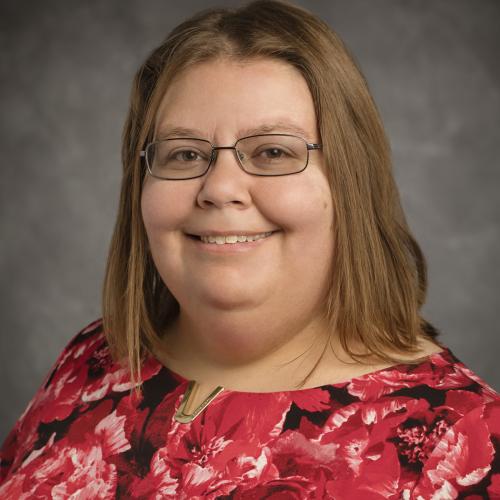GSLIS is pleased to announce that Jodi Schneider will join the faculty in August 2016.
For the next year, Schneider will be a postdoctoral scholar in the Department of Biomedical Informatics at the University of Pittsburgh, supported by the National Library of Medicine and the National Institute of Dental and Craniofacial Research. She recently completed a postdoctoral fellowship at INRIA, the national French Computer Science Research Institute, funded by a highly competitive ERCIM Marie Curie Fellowship.
Schneider’s research interests include computer-supported cooperative work; linked data including ontologies, metadata, and the semantic web; and scholarly communication. At GSLIS, she is looking forward to continuing her research into evidence curation as well as collaborating with other GSLIS faculty on complementary projects.
“My passion and area of research is about understanding evidence. Currently my colleagues and I are working on understanding and improving how clinicians (doctors, pharmacists...) use evidence about whether it's safe to combine two or more medications—an issue that is faced more often as patients age and accumulate health conditions. It takes experts a long time and a lot of work to make sense of the current knowledge on a topic. Supporting people in evidence curation can help reduce the gap between what we know scientifically and what we do in a clinic,” said Schneider. “Our current work can be used to improve medication safety, but in the long run this work can impact many fields, including medicine, law, education, and management.”
Schneider’s research has been published in journals such as Semantic Web and Biomedical Semantics and in top computing conferences such as the ACM's Computer-Supported Collaborative Work. Her dissertation used Semantic Web technology to organize Wikipedia information quality discussions.
“It may be commonplace to say that the new communication and information technologies that we now take for granted are revolutionizing how we communicate and collaborate, but it is true. Some of these changes are obvious and some are not. Jodi's exciting and wide-ranging innovative explorations are advancing our understanding of these changes and suggesting new strategies and tools for using digital technologies for more effective communication and collaboration. What could be more important? We are very eager to have her join us,” said Allen Renear, GSLIS dean and professor.
Schneider previously worked as science library specialist at Amherst College and as web librarian at Appalachian State University. Her contributions to library technology include founding the Code4Lib Journal and co-authoring the "W3C Library Linked Data Incubator Group Final Report,” which has been translated into French, Spanish, Japanese, and Chinese.
Schneider earned her PhD in informatics at the National University of Ireland Galway in 2014. She also holds a master’s degree from GSLIS (2008) and an MA in mathematics from the University of Texas at Austin, as well as a bachelor’s degree from St. John’s College in Annapolis.
